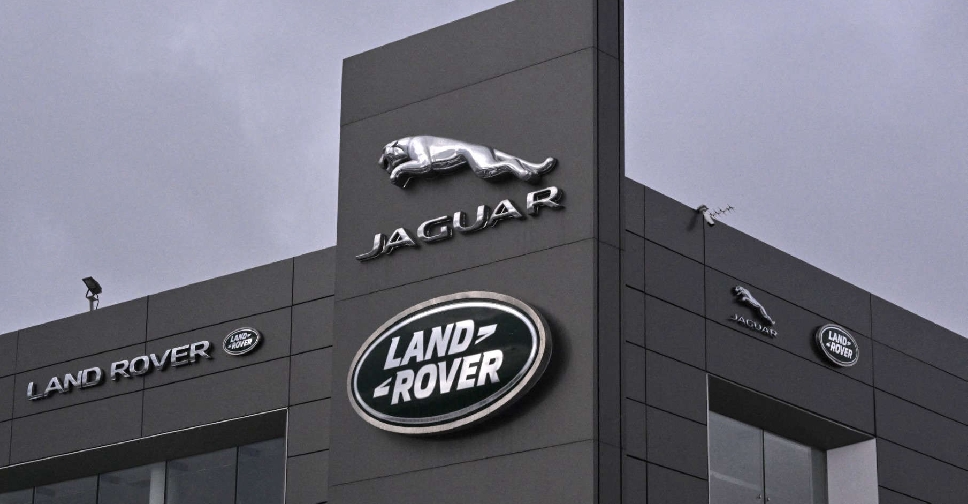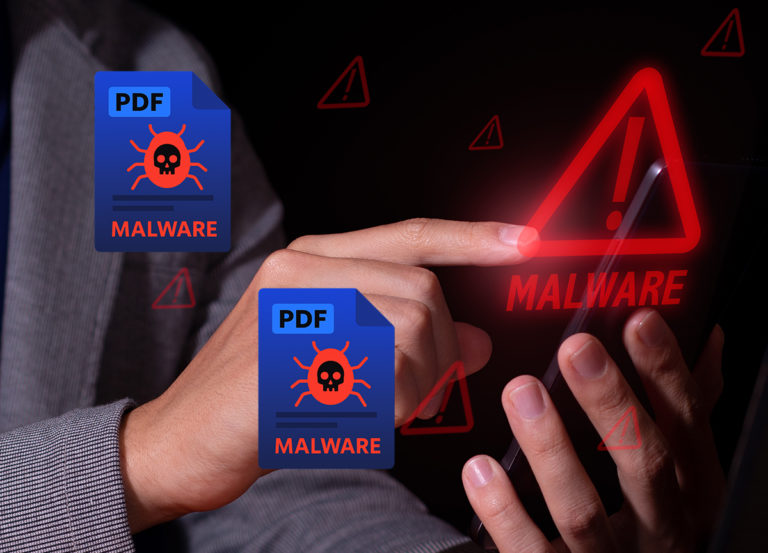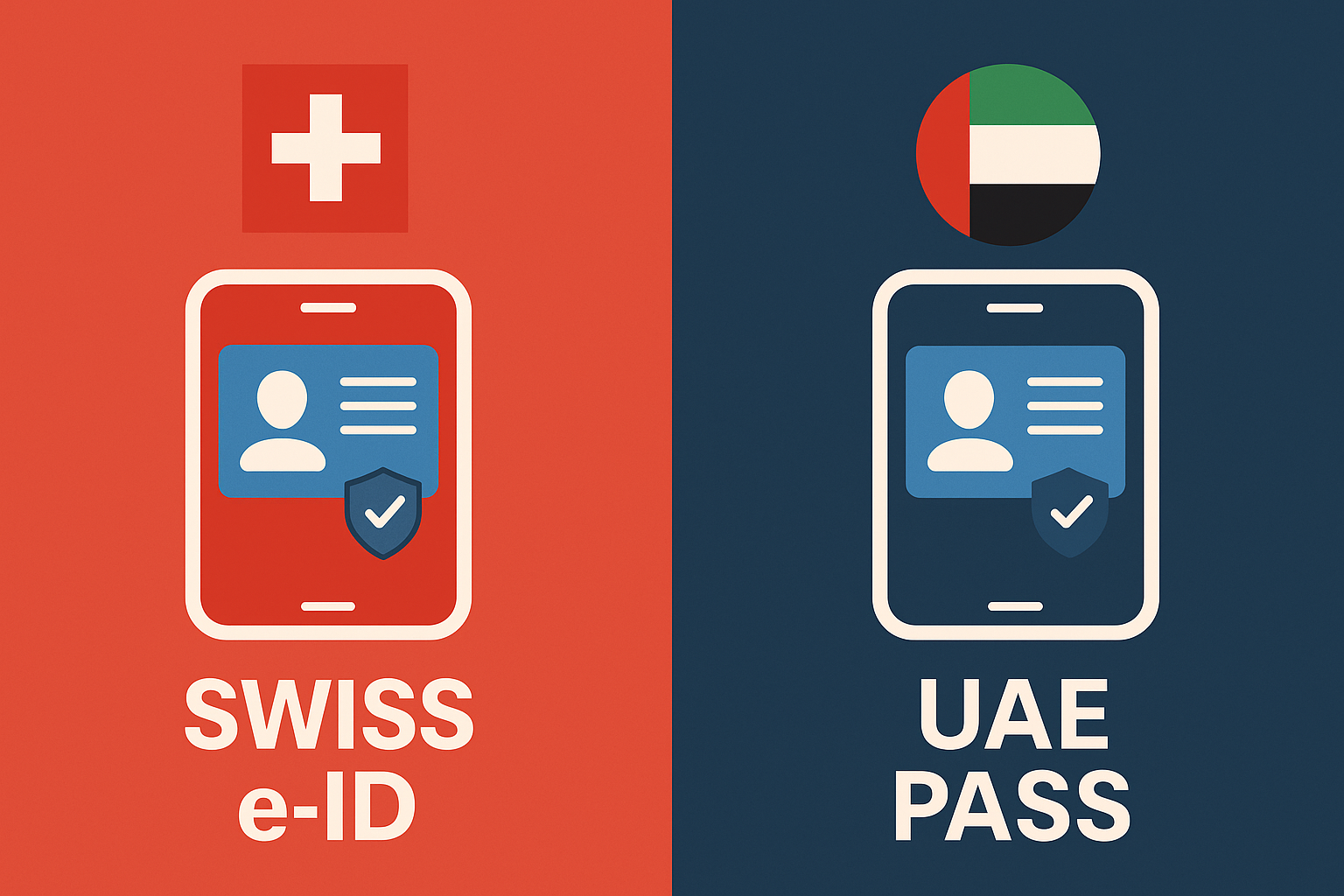Why is there a shutdown at Jaguar Land Rover Factories?
Jaguar Land Rover (JLR) confirmed that its production lines will remain shut down until at least October 1 after a major cyberattack in August. The disruption began on August 31, when Britain’s largest automaker was forced to send workers home from factories in central and northwest England.
What is the impact of the cyberattack on the UK Auto Industry?
The Jaguar Land Rover shutdown has had a ripple effect across the UK automotive sector. JLR employs more than 30,000 people directly, while its extensive supply chain supports tens of thousands more jobs. This pause has left both employees and suppliers facing significant uncertainty.
There are limited details on the Cyberattack
JLR has provided only limited information about the nature of the cyberattack. The company said it is still investigating the incident. It confirmed that work is underway with law enforcement and the UK government’s National Cyber Security Centre (NCSC) to ensure a safe and secure restart.
In an official statement, Jaguar Land Rover explained that the extended halt aims to provide clarity to staff and suppliers. The company said it is building a phased restart timeline while ensuring that cybersecurity issues are fully addressed.
How has the UK Government responded to the crisis?
The UK government has stepped in to show support for both the company and its supply chain. Business Secretary Peter Kyle and Industry Minister Chris McDonald will visit Jaguar Land Rover and meet with affected suppliers.
McDonald stressed the importance of government backing during the crisis:
“We are acutely aware of the difficulties the stoppage is causing for those suppliers and their staff, many of whom are already taking a financial hit through no fault of their own — and we will do everything we can to reassure them that the government is on their side.”
What does this mean for Jaguar Land Rover moving forward?
The Jaguar Land Rover cyberattack highlights the growing risks of cybersecurity breaches in the auto industry. With modern manufacturing deeply dependent on digital systems, attacks of this scale can bring entire production lines to a standstill. JLR’s priority remains resuming operations in a safe and secure manner, while minimising long-term disruption for workers and suppliers.
How can Jaguar Land Rover protect themselves from cyberattacks moving forward?
The Jaguar Land Rover cyberattack highlights the urgent need for stronger cybersecurity across the auto industry. Key measures that could have reduced the risk and downtime include:
- Network segmentation to stop attacks spreading across critical systems.
- Advanced threat detection with 24/7 monitoring to catch unusual activity early.
- Zero Trust security models with strict identity checks and micro-segmentation.
- Stronger supplier standards and regular audits across the supply chain.
- Incident response planning with tested drills and clear recovery procedures.
- Robust backup systems to maintain operations during an outage.
This event only highlights the important of partnering with cybersecurity experts like us, ZENDATA, to ensure resilience against evolving cyber threats.
Contact us if you have concerns about your company’s resilience to cyberattacks in 2025: info@zendata.security



